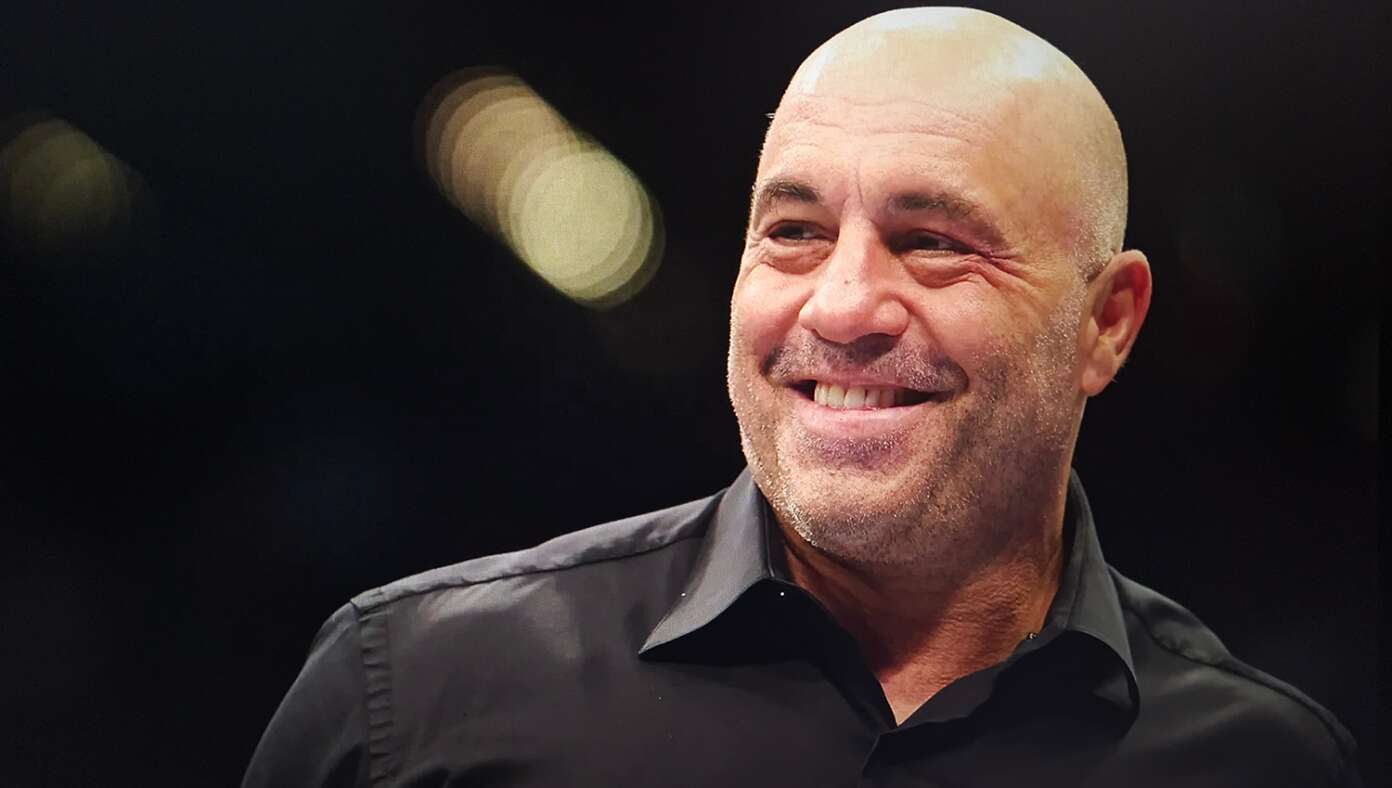
U.S. — Longtime UFC commentator Joe Rogan has officially signed a contract with Spirit Airlines to cover mid-air fights.
Read More
U.S. — Longtime UFC commentator Joe Rogan has officially signed a contract with Spirit Airlines to cover mid-air fights.
Read More
WASHINGTON, D.C. — With the Senate approving a new funding bill and sending it across the hall for a House of Representatives vote set for Wednesday night, a group of top Democrats somberly removed their sombreros to signal the end of the government shutdown.
Read More
| Picture of the day |
|---|

|
|
Photo art “Miracles of nature” based on a yellow ginkgo leaf and intentional camera movement
|